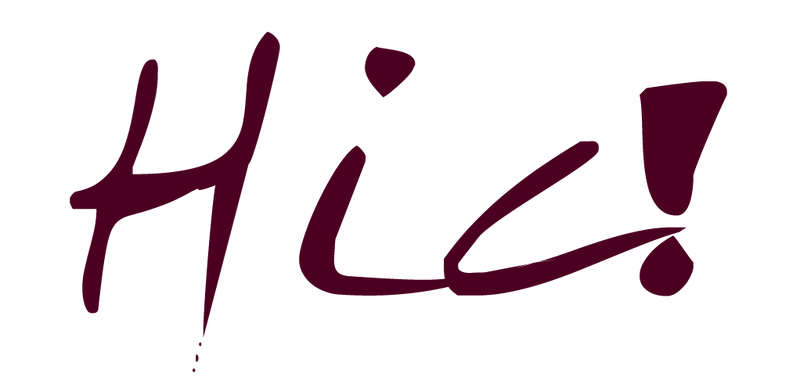Domaines Leflaive | Puligny Montrachet

Domaines Leflaive - with an 's' - is the label under which Domaine Leflaive (singular) sells wine made from grapes grown outside Puligny Montrachet but vinified at the Leflaive cellars in Puligny. The vineyards supplying the fruit are either owned by the Domaine or are operated by trusted growers who sell to it. Trusted is the key word here, because it is not enough for Brice de la Morandière, who runs Domaines Leflaive, simply to acquire decent grapes.
Brice is continuing to try to convert Burgundy (and, indeed France) to a viticultural philosophy introduced with an evangelical fervour to Puligny-Montrachet in the 1990s by his aunt Anne-Claude Leflaive, who sadly died in 2015.
When she first arrived at Domaine Leflaive in 1990, Anne-Claude had travelled widely in the world of wine. On returning to Burgundy, she was concerned about the damage caused to soil in the region by decades of usage of fertilisers and pesticides. One scientist who had analysed soil in the region in the 1980s said, “There is more life in the Sahara.” Although she feared the effects were irreversible, she made the effort anyway, and tried to persuade others to do the same.
Over a four year period, she introduced organic methods of controlling pests and compost as fertiliser, reintroduced horses to plough between rows, and adopted biodynamic techniques too - even though she tended to think of them simply as traditional ways to farm according to the seasons. Her fervent belief was that the quality of a wine is determined by the health of the harvest. To this day, meticulous de-budding and close pruning are regarded as key in the cultivation. By 1997, the whole estate was organic and biodynamic.
Anne-Claude spread the word, founding the Ecole du Vin et des Terroirs to educate winemakers that biodynamic viticulture is not mystic mumbo jumbo but a way to respect the environment. She and Brice also set about acquiring vineyards outside Puligny Montrachet to convert to biodynamic processes, and going into partnership with sympathetic philosophies.
The purchase of 9.5ha of land in Mâcon Verzé was an example of Anne-Claude’s way with people. The parcel in Mâcon Verzé was owned by an elderly couple who were thinking of retiring and, instead of discussing money, Anne-Claude’s priority was to assure them that the vines and land would be cared for.
Domaine Leflaive now owns vineyards in Mâcon Solutré, Saint Véran and Pouilly Fuissé. These and the grapes from partner suppliers in Auxey Duresses and Rully are vinified just as the Domaine wines - fermentation in oak in the temperature-controlled environment of the Leflaive cellar. Those from other growers are designated by the name Leflaive et Associés, the négotiant arm of the family business. This has allowed Leflaive to venture into red wine too, buying Pinot Noir from biodynamic growers in Monthelie (Premier Cru Sur la Velle) and Charmes Chambertin.




